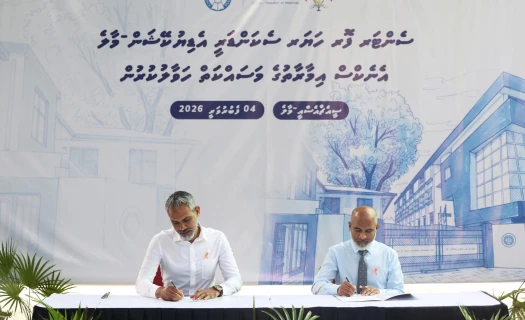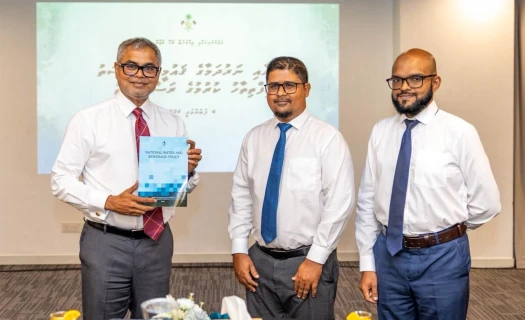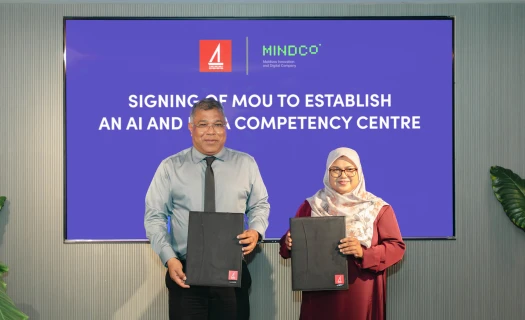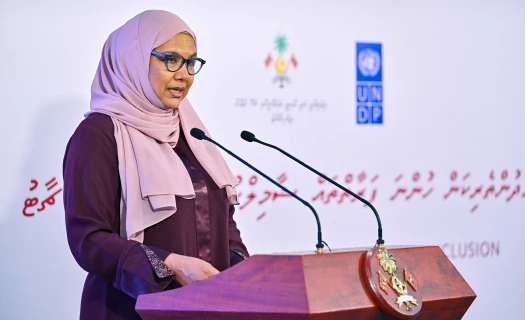Thu, 05 Feb 2026
|DHIVEHI
OIC to receive high-level principles on tourism sector integrity
28 May 2025
|

Photo: ACC
To promote transparency and integrity in tourism, the oversight and anti-corruption authorities of Saudi Arabia (Nazaha) and the Maldives Anti-Corruption Commission (ACC) have agreed to present a set of principles to the Organisation of Islamic Cooperation (OIC).
These principles are intended to strengthen anti-corruption efforts among OIC member states and are scheduled for presentation at the forthcoming OIC Ministerial Meeting of Anti-Corruption and Law Enforcement Agencies.
The agreement was formalised during the Saudi-Maldives International Forum on Integrity 2025, convened from 6 to 7 May. This forum served as a strategic platform for both nations to deepen their collaboration in the promotion of good governance and the prevention of corruption, with a particular focus on the tourism sector.
The proposed High-Level Principles constitute a structured framework designed to assist OIC member states in enhancing integrity, transparency, and accountability within tourism-related activities. These principles are firmly rooted in both Islamic values and international instruments, notably the United Nations Convention against Corruption and the United Nations Sustainable Development Goals (SDGs).
The framework comprises nine principal components:
- Enhancing legal and regulatory frameworks to prevent corruption and empower oversight bodies.
- Strengthening international cooperation, including asset recovery and cross-border enforcement.
- Leveraging Information and Communication Technologies (ICT) to boost transparency and citizen engagement.
- Ensuring integrity in procurement practices within tourism projects.
- Promoting sustainable tourism development through fair and environmentally responsible land management.
- Fostering integrity in public-private partnerships (PPPs) in the tourism industry.
- Monitoring and evaluating anti-corruption frameworks for continual improvement.
- Improving access to information and disclosure systems, including the identification of beneficial ownership.
- Enhancing stakeholder collaboration and reporting mechanisms, with protection for whistleblowers.
The overarching objective of these principles is to address the systemic challenges posed by corruption in the tourism sector and to establish a regulatory environment that is both sustainable and equitable. The tourism industry, being a major contributor to economic development in many OIC countries, necessitates robust governance measures to preserve public trust and promote long-term resilience.








